SINCE Last November, the world has watched as citizens of my country chart a new course for themselves and a new Zimbabwe. Change is all around us. Barriers to free expression are being brought down.
Today, I am rightly criticised, questioned and certainly satirised. So, too, are politicians on all sides and those in positions of authority - as indeed we all should be - at a volume few, myself included, could have predicted reaching so soon.
At the centre of this nationwide debate, the party I now lead is reaching out across communities with policies both credible and capable of building on changes we have instituted in just eight months: Revealing plans for 99-year farm leases - tackling the issue of access to, and stewardship of, our nation's land - to resolve racial and economic divisions; extending dialogue directly to all minority groups; and unveiling opportunities for women's economic empowerment through a newly launched venture capital fund.
Step-by-step, we continue to explain our agenda for lasting change in these final weeks before Zimbabwe's historic harmonised election. And we will continue right up to polling day. Then it will be for the citizens of Zimbabwe to decide: Have my party and I convinced the voters that real change only comes when we move forward together? Or will they choose another path?
The choice before the country next week is stark. This election is making clear that my opponents have a very different understanding and meaning of the word "change". Up until the untimely passing of the opposition MDC-T's admirable principal - Morgan Tsvangirai - the change that party proffered held clarity. At its root was democracy that is both sustainable and certified.
All political parties and candidates should have equal opportunity to put their agendas to the nation under not just the law as written, but through those laws as practised. A future that can be sustained rests on this very foundation. Yet the opportunity a free and fair election offers does not ensure every party seizes it.
In that regard, the new opposition leadership has surprised: they have campaigned across all corners of the country and reached out and into districts few might have expected them before. But their prospects seem wasted when they talk so much of the past, rather than promoting a cogent platform for the future. When they have presented their plans, they are replete with high-speed bullet trains, vast motorway networks, and villages transformed into cities overnight; all complete - they insist - in the next five years.
Of course, it is not my place to question such vaulting ambition - even when the identities of those who may address the practicalities, or provide the funding, are yet to be revealed. Zimbabweans have, however, already been informed that they are not from China: the opposition has announced they will eject Chinese engineers and investors from Zimbabwe once they assume office.
Whether this is "visionary," as the leader of the opposition declares, or, as others describe, "fantasy," it is certainly an original approach. Similarly, it is unique for a political leader, as the opposition candidate has repeatedly done, to claim he has been promised $15 billion from the Americans (which they manifestly did not, and have publicly denied ever committing).
To then contend he guided Rwanda's national ICT development by personally advising that country's head of state provokes incredulity compelling President Paul Kagame to state, on the record, the two have never even met.
My opponent is neither the first nor the last political figure to stretch his CV. This is a consequence of holding such high party office when still a relative political novice. That, at least, is plain for all to see. More importantly, it is neither right nor fair to the voters.
The election is about the next five years. The challenges facing Zimbabwe are neither difficult to know nor hard to see. How does this put food on the tables of our people? Or foster respect for minorities in our society? Or help Zimbabwe attract the foreign investment critical to our economic recovery? There are signs the opposition is aware of this, too.
Yet still, they present no cogent plans for addressing citizens' concerns. Instead, they organise rallies outside the Zimbabwe Election Commission premises declaring "No Reforms, No Elections".
Zimbabweans deserve the forthcoming free and fair election - even if the opposition appears intent on squandering that opportunity for themselves. My offer is real change that is delivered - because it can be - in the next five years. The alternative is unreal change - change that is not delivered, because it cannot be - not in the next five years or beyond.
This does not lead to a new Zimbabwe. It leads to a Zimbabwe that is not new. For when there is no change, nothing changes at all. Emmerson Mnangagwa is the President of the Republic of Zimbabwe.
This article was first published in The Washington Times on Tuesday, July 24, 2018.
- This article was first published in The Washington Times on Tuesday, July 24, 2018.
 Zimbabwe announces strict enforcement of axle load limits
Zimbabwe announces strict enforcement of axle load limits  SA decry 'non-existent' Beitbridge border post security
SA decry 'non-existent' Beitbridge border post security  Millions celebrate Diwali festival in India
Millions celebrate Diwali festival in India  Zimbabwe's dollar stock exchange surges 45%
Zimbabwe's dollar stock exchange surges 45%  Gold edges up as traders await guidance
Gold edges up as traders await guidance  Karo Platinum Project capex rises to US$546m
Karo Platinum Project capex rises to US$546m  Young Investment Professional (YIP) Graduate Programme 2019
Young Investment Professional (YIP) Graduate Programme 2019 
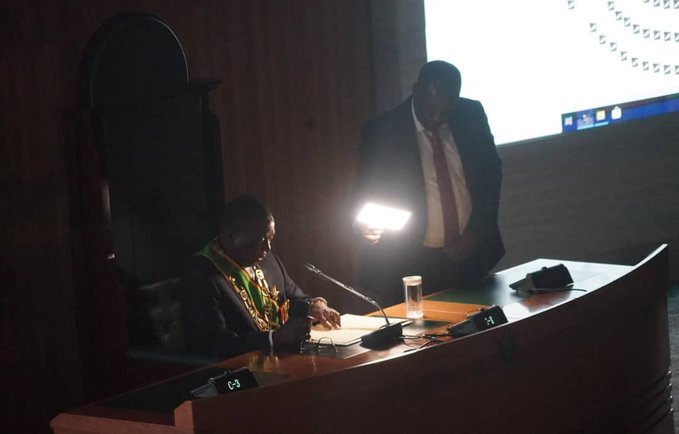
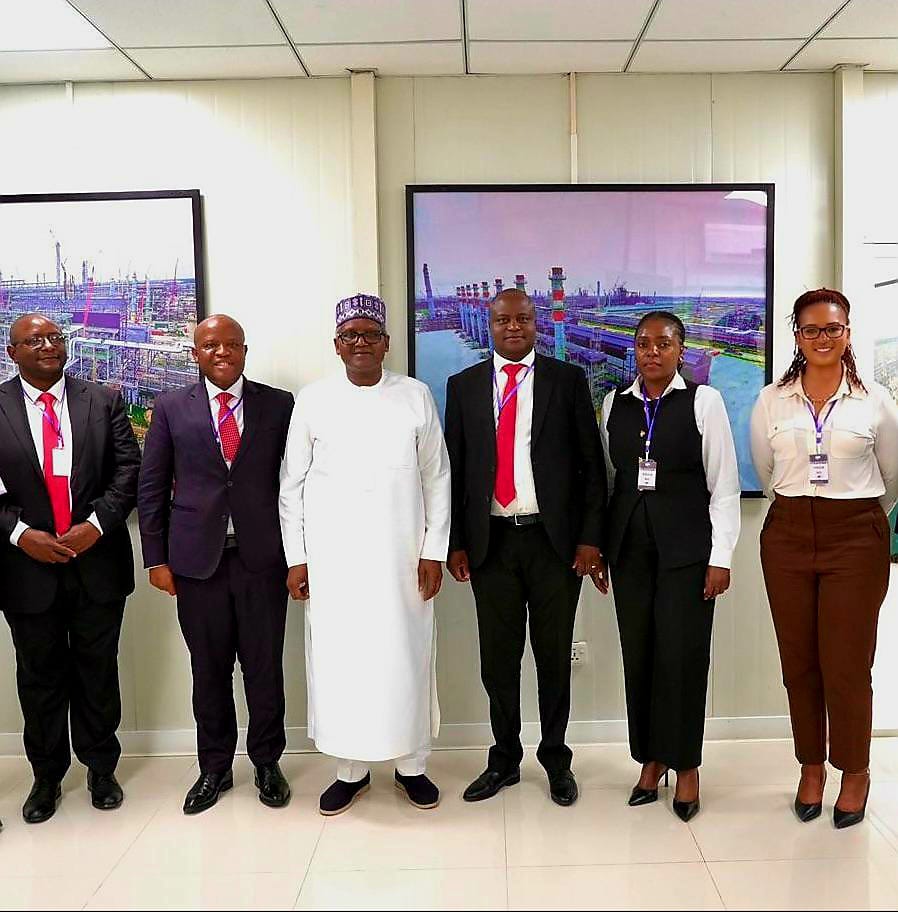
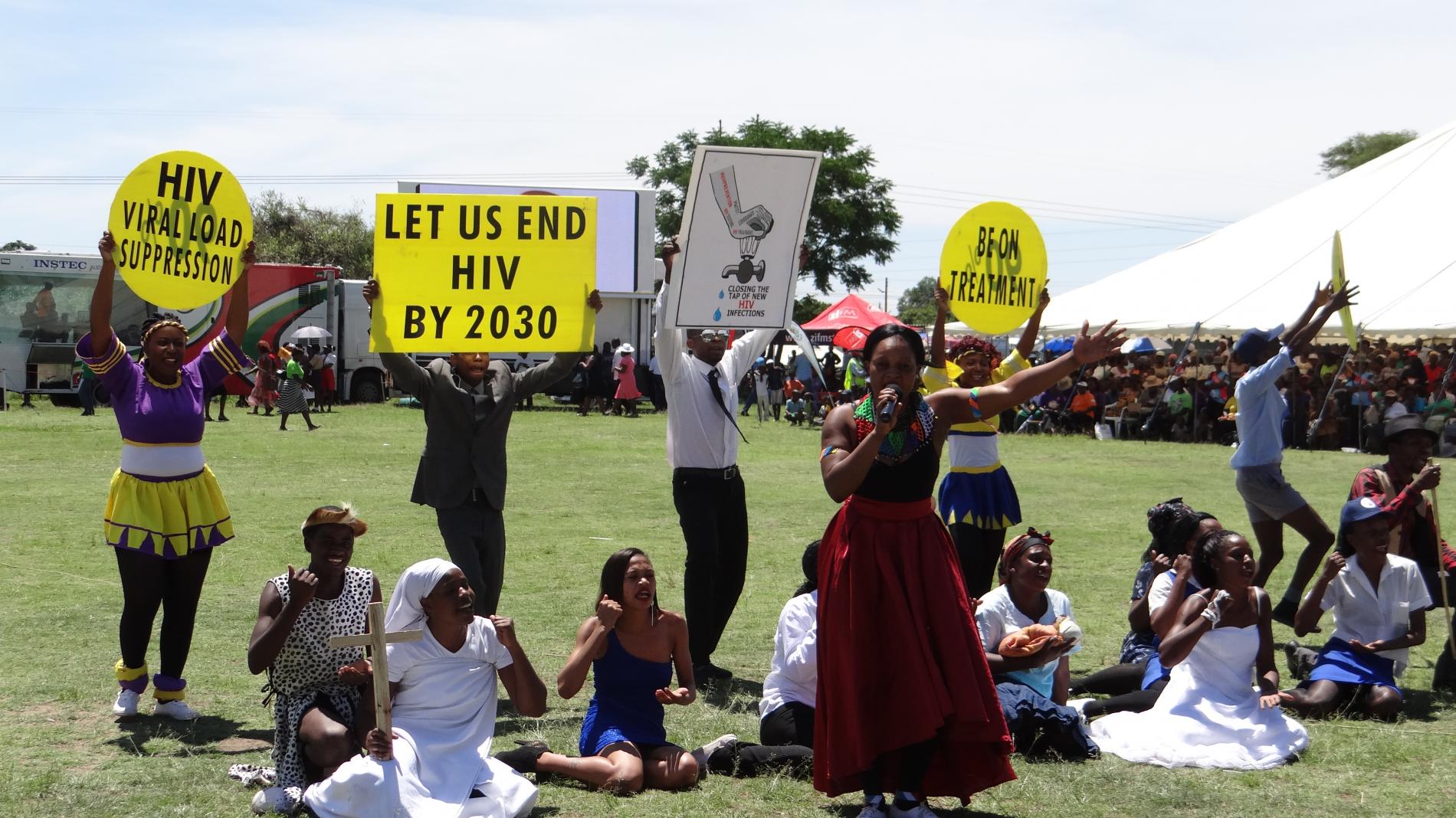
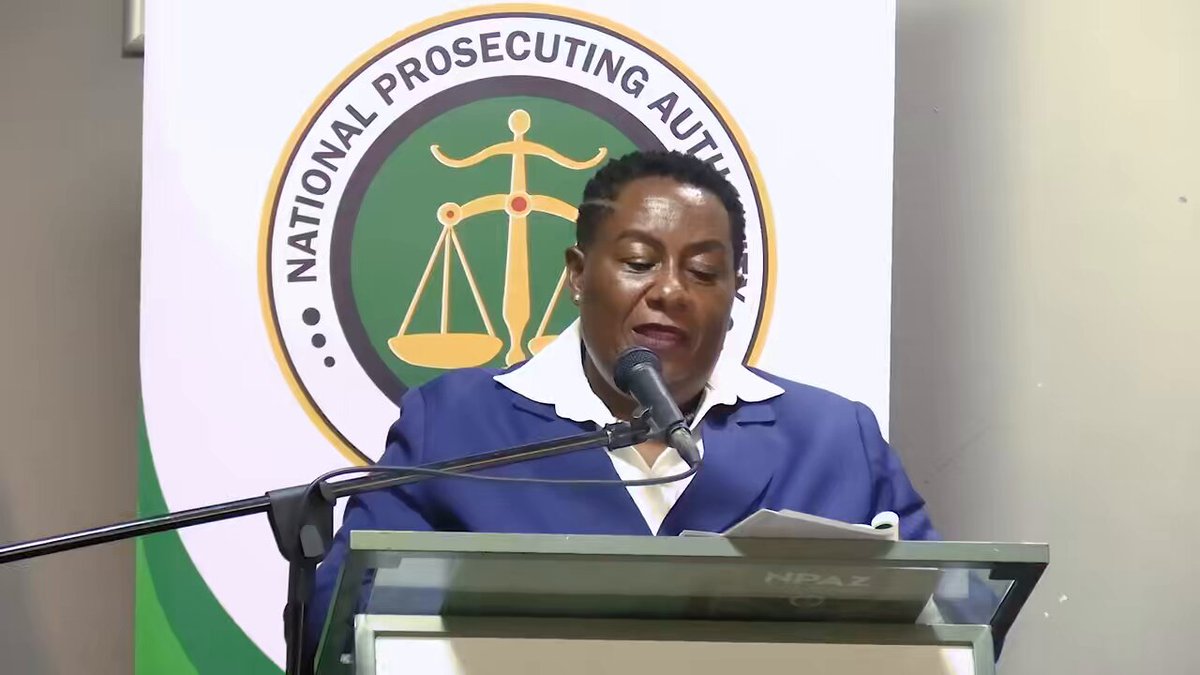


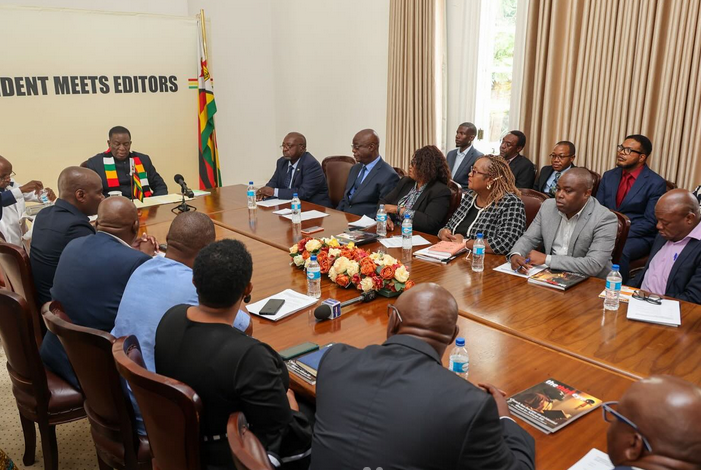
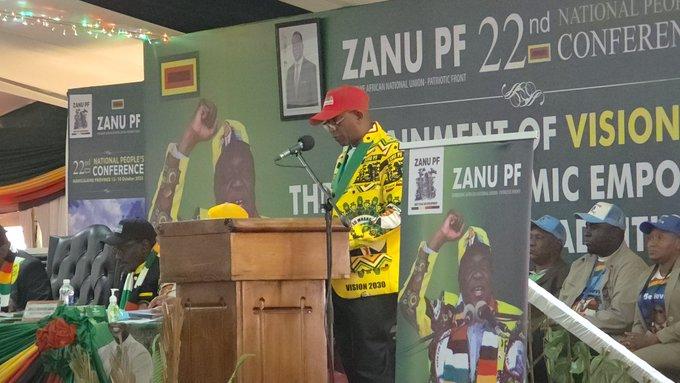

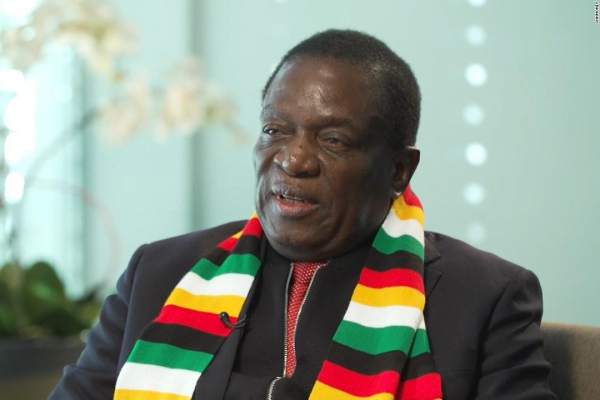
 Young Investment Professional (YIP) Graduate Programme 2019
Young Investment Professional (YIP) Graduate Programme 2019
Editor's Pick